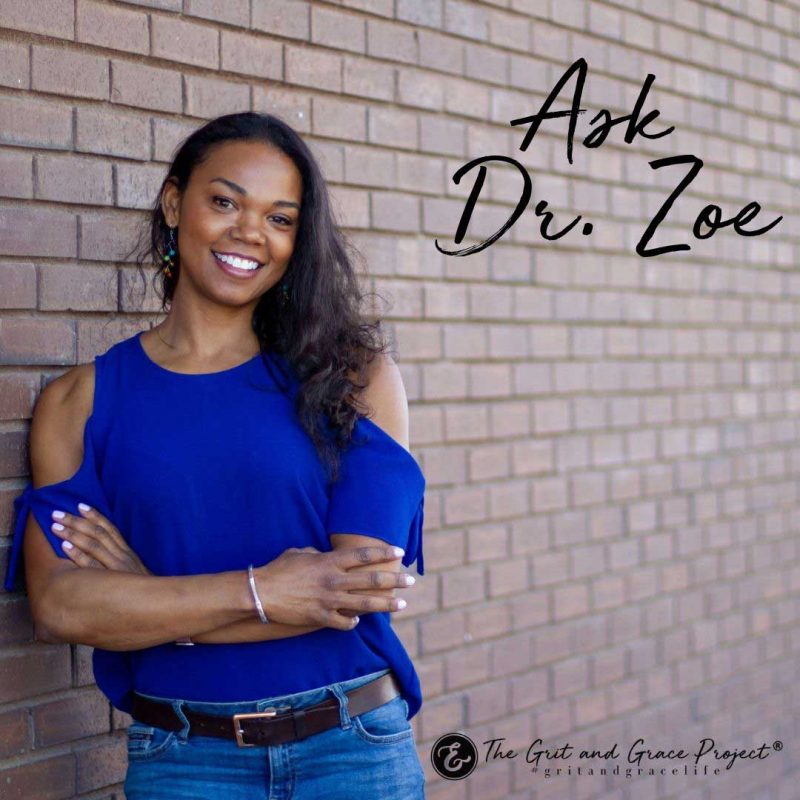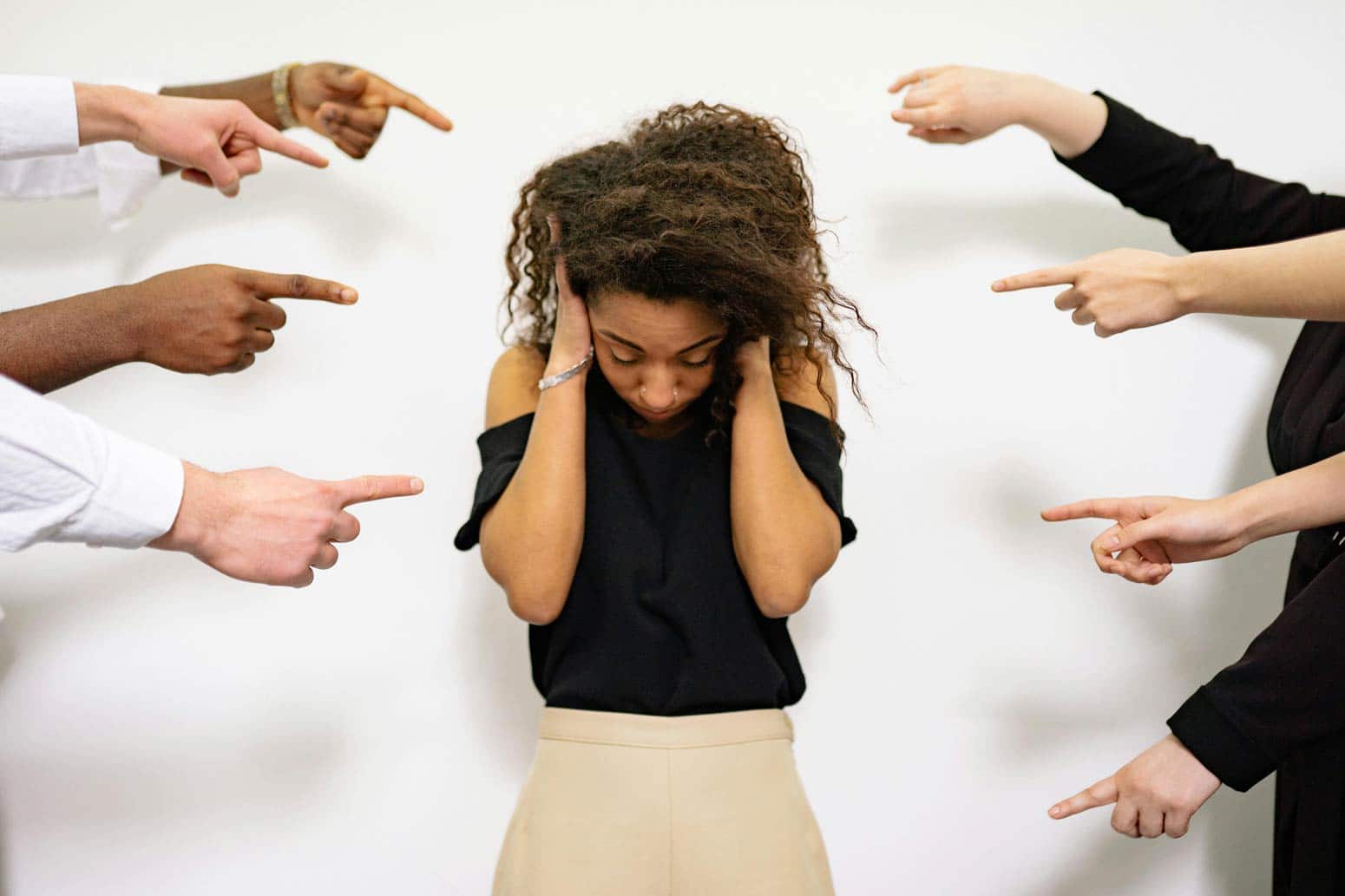Getting married is one of the biggest decisions you will ever make because it really is life-changing. As well as you might know the person to whom you’re pledging your love and loyalty—for better or worse—you simply cannot know what your future will hold (try as you might). Of course, you have hopes and dreams and can imagine what your life together might be like… But you cannot be certain. And uncertainty can make the best of us a bit jittery, especially as the big day draws closer and everything becomes more real.
Many women wonder if these feelings during their engagement are red flags. Is it normal to feel this way or is there something wrong in the relationship? Should you be concerned about your pre-wedding nerves? We asked one of our friends who is a licensed psychotherapist, relationship expert, and life coach, Dr. Zoe Shaw, to answer a few questions for us.
Is it natural to question your decision to marry this person?
Pre-wedding jitters is a totally natural phenomenon, even healthy and necessary. Questioning the decision doesn’t mean that it isn’t right, it just means that you are taking this next step seriously. Some women may take a long time to get to the “yes” and then feel solid afterward, and some women get caught up in the romance of it all, say “yes to the dress,” and then start to evaluate whether the decision was right. Our culture expects men to have cold feet, and so it can be a bit harder on women when they are feeling panicked or are second-guessing because others expect them to be thrilled, excited, and floating on a cloud. The reality is that almost every woman has doubts at some point. The why matters more than the fact that you are questioning.
Why do we question?
Sometimes fears of repeating patterns in your family or friends’ relationships make you question your decision or even the whole construct of marriage altogether. If you haven’t seen a successful marriage, it is natural to fear that you can’t create one. Although old research indicated that kids from divorced families have higher rates of divorce themselves, new research is indicating that these kids aren’t doomed to fail after all.1 More and more couples are actively designing their relationships to look nothing like their parents. Witnessing the pitfalls in their parents’ relationships has actually inspired them to wait longer and take marriage more seriously.
Pre-wedding jitters: the reality is that almost every woman has doubts at some point. The why matters more than the fact that you are questioning.
When should you be concerned?
You should be worried when there are red flags (behaviors or qualities that you have always told yourself you weren’t going to tolerate) and you find yourself making excuses or telling yourself that it will get better or that he will change after you are married. It won’t and he won’t. You are feeling this way for a reason, and you need to get the issues addressed prior to saying “I do.” No one is perfect, and we all have our deficits. It’s not about choosing the perfect man; it’s about choosing the perfect man for you. Look honestly at his shortcomings and the things that bother you about him. Ask yourself if this is an issue that you are willing to live with for the rest of your life. If your honest answer is yes, you are good to go! If the answer is no, trust yourself and know it’s time to have a heart to heart conversation with your man and it may be time to seek professional help.
You may want to listen to this episode of our podcast where Dr. Zoe unpacked these concepts more fully: When to Leave an Unhealthy Relationship With Your Man (with Dr. Zoe Shaw) – 024.
When shouldn’t you be concerned?
You shouldn’t be worried you have cold feet if you have vivid, weird, or scary dreams. This isn’t necessarily anxiety about getting married… This is just your brain on overdrive trying to process fears you may not be willing to face during the daytime. My clients who are getting married have told me the most off-the-wall dreams, and it has never been an indication of the status of their relationship.

You also should not be worried if you feel anxious or sad about the loss of your singlehood. Every major life transition can create a roller coaster of emotions. You are embarking on a beautiful new journey, but it is new, and you are saying goodbye to a specific part of yourself. Allow yourself to feel these feelings. If you are worried about losing a part of yourself, sit down and have a conversation with your man about how each of you will continue to cultivate self as part of your marriage.
Many couples mistakenly believe that because they are marrying, they now have to spend every waking moment with each other and are leaving behind their “me” time entirely. The healthiest marriages actually look like a Venn diagram, with both partners having a large, healthy part of “self” experiences, and coming together regularly in adequate “we” experiences. Both of these are necessary for a healthy, mature relationship. Recognizing this and incorporating both into your new marriage can give both of you some of the freedom you may be fearful of missing.
Photo courtesy of Hernan Sanchez.
If you have a specific question for Dr. Zoe, you can submit it for a response here!
—
For more marriage and relationship articles, start here:
A Psychologist Explains How to Compromise and Why You Need to
10 TV Couples That Make Us Believe in Love Again
5 Guys Your Mother Warned You About
To All of the Times We Almost Didn’t Make It
You, Your Man, and His Baby Mama All Need Grit and Grace
Commitment— the Road Forward in a Relationship
7 Things to Look for in a Man
Don’t miss these popular articles:
Do Strong Women Like Masculine Men?
Overcoming Shame in the Grit and Grace Life
How Self-Awareness Will Make You Successful
Dear Parents of Millennials: It’s Time to Stop It
Skillet’s Korey Cooper Talks About Marriage, Motherhood, and Rock ‘n’ Roll
#gritandgracelife
You’ll enjoy this episode from This Grit and Grace Life podcast: How to Feel Your Emotions in a Healthy Way With Dr. Zoe Shaw – 075!














